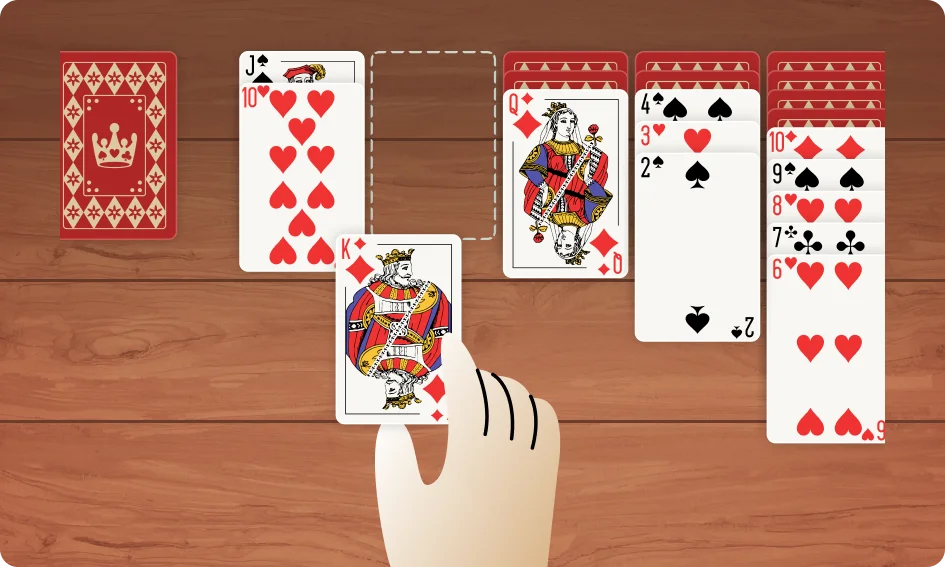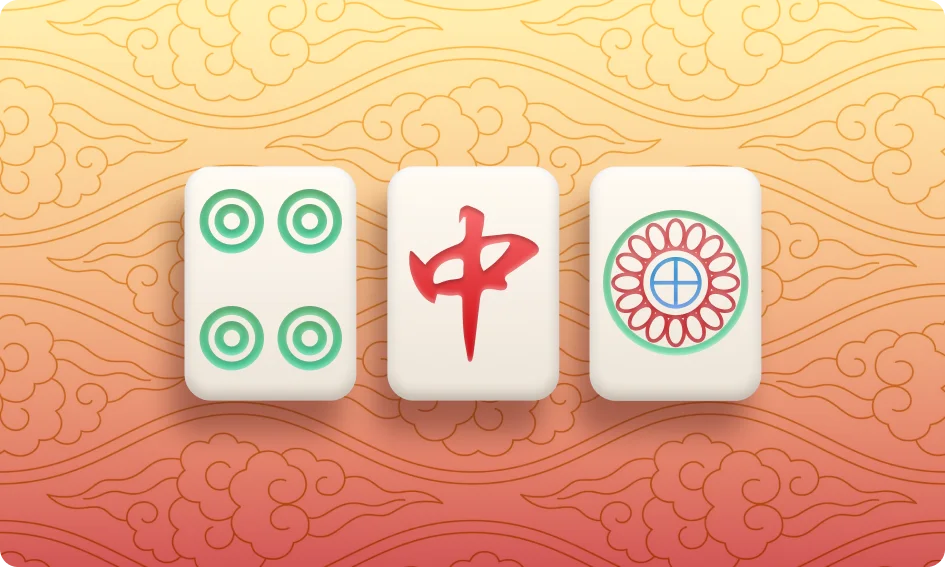Have you ever wondered why our brains gravitate towards activities like Solitaire? On the face of it, games like this seem to have no immediate benefit. Did you know that more than 41% of all card games played are Solitaire? It should, then, come as no surprise that people spend plenty of time on this intriguing game. I’ve found myself sitting for hours on end shuffling cards around as I try to beat my previous records.
Once I sat back after finishing a game of Klondike in record time. I started wondering why I find this seemingly mundane activity so engaging. Of course, I couldn’t let this question simmer in my mind unanswered. So, I started investigating. To my surprise, I discovered that there’s a deep-rooted psychological basis for why we play Solitaire.
The Timeless Appeal of Solitaire
For context, I first looked at how long Solitaire has been around. It turns out that the game has been part of people’s lives for (at least) the last three centuries. From a mode of fortune-telling to a gamified pastime, it has held a prominent place in history for some time.
Today, advances in technology mean that Solitaire is accessible to millions of people across the globe. So, we have a much bigger sample size for looking into how and why Solitaire is played around the world.
The Many Reasons Why We Play
People play Solitaire for a variety of reasons. But, I’ve discovered that the underlying psychological reason relates to (a) cognitively challenging oneself and (b) watching oneself improve over time. That said, it’s important to dissect individual reasons into proper categories. Here, I’ll focus on a few of the most salient reasons why we play.
Emotional Well-Being
One of the more subtle, yet prominent, reasons why we indulge in Solitaire is the feeling of emotional well-being it brings. Do you remember that feeling of accomplishment you felt when you first completed a game of Solitaire? That’s the feeling I’m referring to.
Even moderately challenging variants like Klondike and FreeCell can engender a sense of achievement. You are completing tasks and attaining goals. Apparently, a sense of achievement is accompanied by a meditative effect, one that can soothe you and dampen the effect of stressors in your life.
Solitaire’s Social Aspect
If you’ve played Solitaire socially, then you’ll relate to the feeling of companionship that comes from finding like-minded people. The same applies to joining an online Solitaire community.
Although mentally challenging, Solitaire can also be played casually over conversation with friends. When you play Solitaire with others, you build relationships through a simple activity. The simple idea of socializing and connecting is enough of a reason to play this timeless card game.
Challenging Yourself Through Solitaire
Solitaire presents a challenge that makes us strive to push our limits. You might have found that some tasks are so challenging that you want to run away. In contrast, tasks that are too simple just aren’t stimulating enough. There are only a few things that find the right balance here. Some tasks present the perfect amount of challengingness (or eustress) to make us put in the optimal amount of effort.
Partly due to its many variants, Solitaire represents a game that offers the perfect challenge, one that allows you to slowly and steadily climb the ranks.
Accessibility and Inclusivity
The last reason why we play Solitaire is simply its widespread accessibility. The digital revolution brought Solitaire into every household with a PC. Since there weren’t any online activities to do back then, Solitaire was probably the most entertaining app on the device.
As technology has advanced, Solitaire has become more and more accessible and inclusive. With creative new variants, online platforms, and digital versions offering tonnes of additional features, there’s something for everyone now.
Final Thoughts – Summing Up Why We Play
| Reason for playing Solitaire | Details |
| Emotional well-being | Sense of accomplishment and well-being. The meditative effect reduces stress. |
| Social aspect | Facilitates companionship and connection. Suitable for casual play and socializing. |
| Challenge and self-improvement | Offers a balanced degree of challengingness. Encourages skill improvements in different game variants. |
| Accessibility and inclusivity | Increased availability through the digital revolution. Evolved to include various creative and novel digital versions. |
The above table encapsulates the primary reasons why we play Solitaire. Which ones do you relate to the most? Solitaire has helped me connect to lots of like-minded individuals. It’s helped me foster relationships with people I might otherwise never have met (people who’ve also helped me improve my game).
There are many reasons why people play Solitaire. However, the ones you’ll find here sum things up quite nicely. Considering the advantages of playing this game we love, there’s no reason to stop now.






